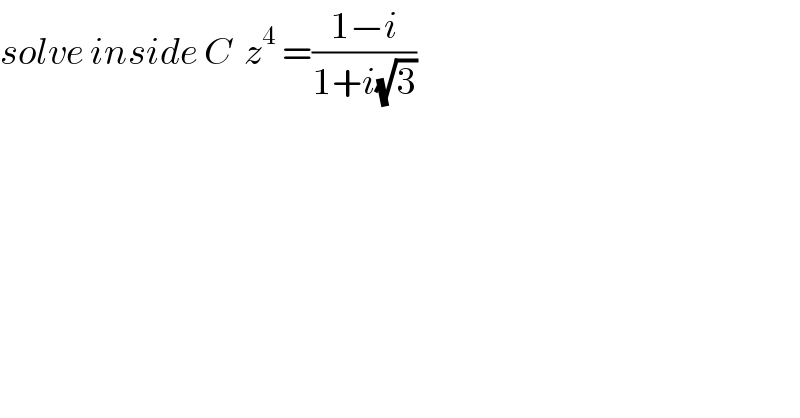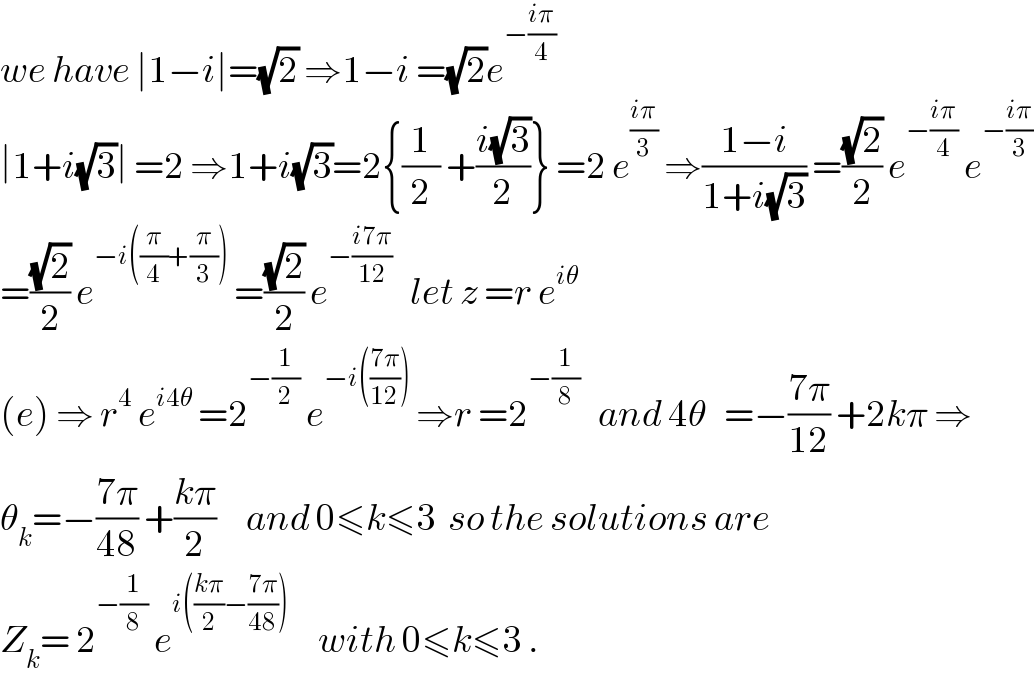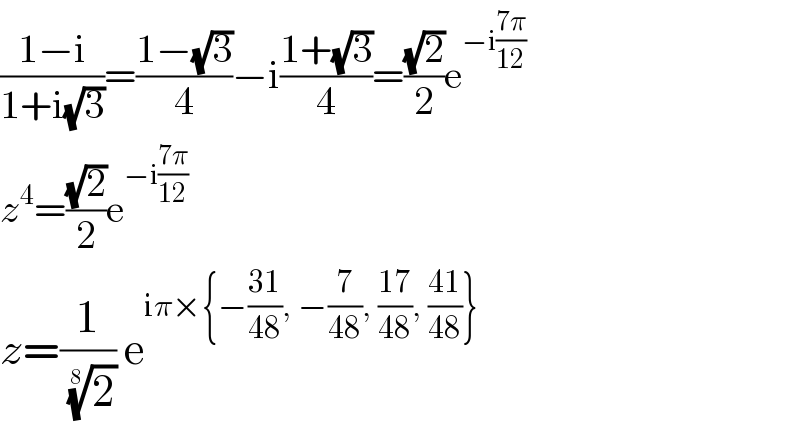
Question and Answers Forum
Question Number 61652 by maxmathsup by imad last updated on 05/Jun/19

Commented by maxmathsup by imad last updated on 06/Jun/19

Answered by MJS last updated on 06/Jun/19

Commented by maxmathsup by imad last updated on 06/Jun/19

